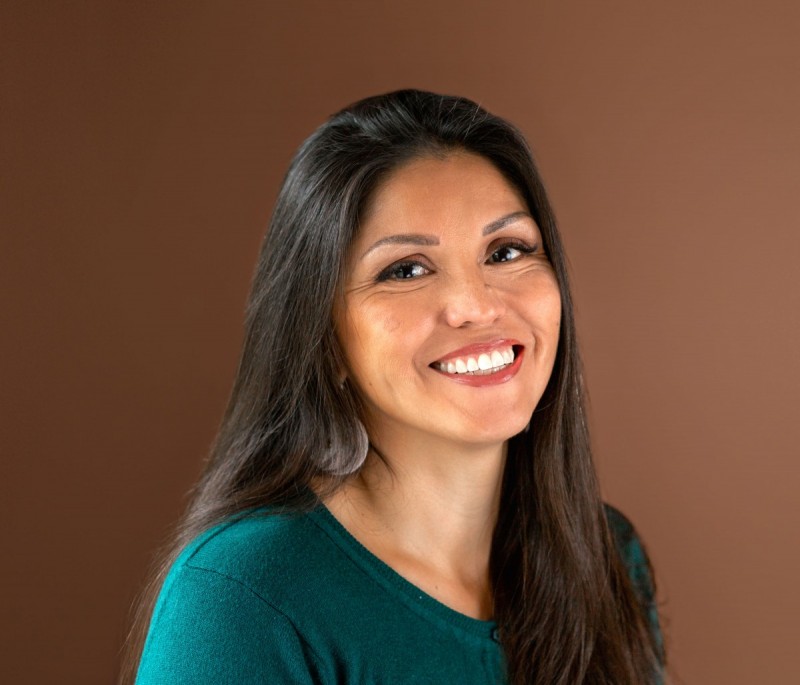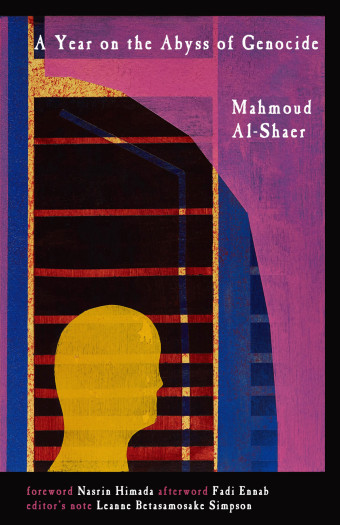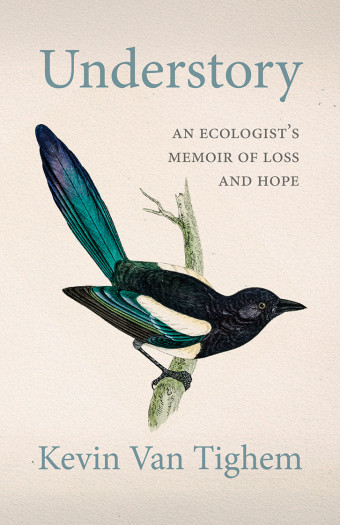Nicola I. Campbell, a Nłeʔkepmx, Syilx, and Métis writer from British Columbia, has written a powerful memoir, Spíləxm: A Weaving of Recovery, Resilience, Resurgence. The book combines prose and poetry to tell her journey of overcoming adversity and colonial trauma, while finding strength through traditional perspectives of healing and transformation.

- Spílexm
- Nicola I. Campbell
- Portage & Main Press
- $32.00 Hardcover, 336 pages
- ISBN: 978-15-53799-35-1
Spíləxm was more than 25 years in the making. Originally submitted as a Creative Writing MFA thesis, Campbell began revising the collection so that she could help others with her story of healing and of how the stories and resilience of her Elders and ancestors grounded her.
Acknowledging the courage and struggle of her Elders, “knowing the absolute and utter devastation they carried as a result of surviving Canada’s pervasive, and strategic efforts of enacting genocide on Indigenous people” kept her going when she wanted to give up. “Our Indigenous culture, stories, languages would not be here if not for the perseverance and resistance of my Elders and ancestors,” Campbell says.
Spíləxm is empowered by Indigenous poetics and storytelling practices. “I feel that the english literary tradition and publishing community has ideologies on how stories ‘should’ be told, especially Indigenous narratives and storytelling practices,” says Campbell, who was inspired by the book Indigenous Poetics in Canada, edited by Neal McLeod.
“As an Indigenous writer, these english ideologies are a tradition situated in oppression and control. They silence and devalue the voices of Indigenous writers – rhythms, cadence, flow, and especially languages that do not fit the colonizers’ expectations – while also completely destroying Indigenous languages around the world.”

Campbell is grateful that her publishers honoured her words as they worked with her. “This is who I am. This is the way the stories have chosen to flow. I have done my absolute best to create written work that honours my voice, while [it] is also at a calibre that honours my Elders who were speakers,” she says. “I feel inadequate, not only because I don’t speak or understand my Elders and do not speak my language, but because I have to write in english, a language with a history of oppressing Indigenous voices.”
Campbell hopes that Spíləxm will help facilitate true reconciliation, creating awareness and understanding. “If non-Indigenous people read Indigenous writing, each book is one step in their healing, in their understanding, in their acceptance, and in their journey of truth and integrity in honouring what has taken place in Canada,” she says.
Reading alone does not solve the problem. Canadians also need to speak loudly, and use their status and roles in Canadian society every day in order to effect change. “Non-Indigenous Canadians need to stand up in true allyship with Indigenous communities across Canada and locally in their own community and within their own families, especially towards ending their roles in sustaining and benefiting from racism,” says Campbell. “It needs to be their normal.”
Most of all, Campbell hopes that Spíləxm will help other Indigenous people as they heal. “This collection is written in honour of our Indigenous Elders and loved ones across tmíxw, temexw, tmxulaxw Turtle Island, and around the world.
“If there is one person who is struggling, if this helps them on their healing journey, that is who it is written for.”













